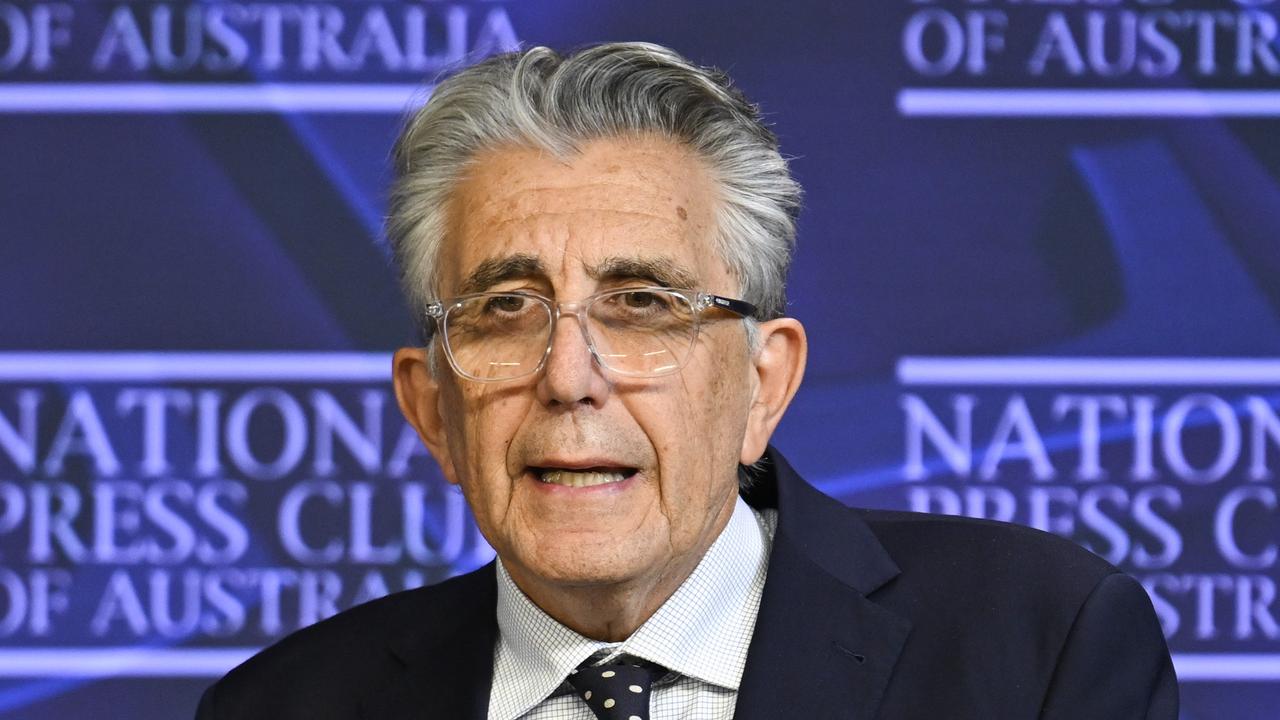We need an independent arbiter to assess warrants
THE time has come for reform of ASIO’s warrant powers.
AS the Prime Minister and Attorney-General have stumbled and stammered over the government’s proposed data retention laws, there is a growing call for government agencies to require a warrant to access personal information known as metadata.
To date, law enforcement agencies like the police, the tax office and the Australian Security and Intelligence Organisation have had relatively ready access to this information without the need for a warrant.
Bret Walker SC, the former Independent National Security Legislation Monitor, has called for access to metadata to be brought within a traditional warrant framework. I agree.
But, in the case of ASIO, the warrant process itself also requires fundamental reform to remove any prospect of political interference and to safeguard public confidence in ASIO’s work.
ASIO’s role is not widely understood in the broader community. I know this first hand. I worked for ASIO for three years.
During my time with ASIO and nearly the decade after I left, it became obvious that there is a yawning gap between the public’s perception of ASIO and what the agency actually does. Misunderstanding can unnecessarily engender fear, which is undesirable and potentially dangerous as ASIO is best able to carry out its charter when it has community confidence and support.
Compounding ASIO’s perception problem is a legal anomaly that exists at the heart of the laws governing ASIO warrants. Unlike police and other warrants, ASIO warrants are not authorised by a judge or a magistrate. Instead, the Attorney-General decides whether an ASIO warrant meets the legal test of whether someone is reasonably suspected of being engaged in, or likely to be engaged in, activities “prejudicial to security”.
Put in the present context, George Brandis, who is championing ASIO’s enlarged powers, also has statutory responsibility for assessing ASIO’s request for a warrant. Such a legislative scheme can appear unseemly.
In stating this, I am quick to add that during my time, ASIO had a deliberative culture that emphasised strict adherence to the law and the highest standards of ethical conduct, and there is no reason to suggest that anything has changed since.
ASIO’s extensive oversight includes the longstanding work of the Inspector-General of Intelligence and Security and the Parliamentary Joint Committee on Intelligence and Security. Also, Walker has said he has not seen any evidence of misuse of ASIO’s counterterrorism laws during his recent three-year tenure.
But ASIO must not only do the right thing, it must also be seen to be doing the right thing. Otherwise its essential work may be undermined.
To illustrate how appearances in governance can be seriously corrosive, imagine for a moment a state police minister introducing police warrant reform and then being responsible for signing off on those warrants, or the state Attorney-General revising the Bail Act and then deciding bail applications. It is unthinkable.
The community would have no confidence in the processes regardless of the outcomes.
And what’s more, the Attorney-General has an obvious political imperative that might be seen to be near impossible to shake — to never be the Attorney who refused a warrant that could have stopped a terrorist attack. It may be termed the “better to be safe than sorry” approach. Such an approach is understandable on an individual level, but represents a threat to all our civil liberties.
There is no compelling reason why the authorisation of ASIO warrants cannot be carried out by a judge instead of the Attorney-General.
Australian courts are widely known for their fierce independence and rigorous application of the law. They have extensive experience in deciding warrant cases, including in sensitive matters, and there is a generally well-understood appeal process from court decisions.
That is why having an independent arbiter decide a warrant case, free from any political imperative, offers the greatest protection for individual rights while still enabling ASIO to carry out its difficult but indispensable work.
Darren Jenkins is a Sydney barrister and vice-president of the NSW Society of Labor Lawyers. He was an ASIO officer from 2002-05.


